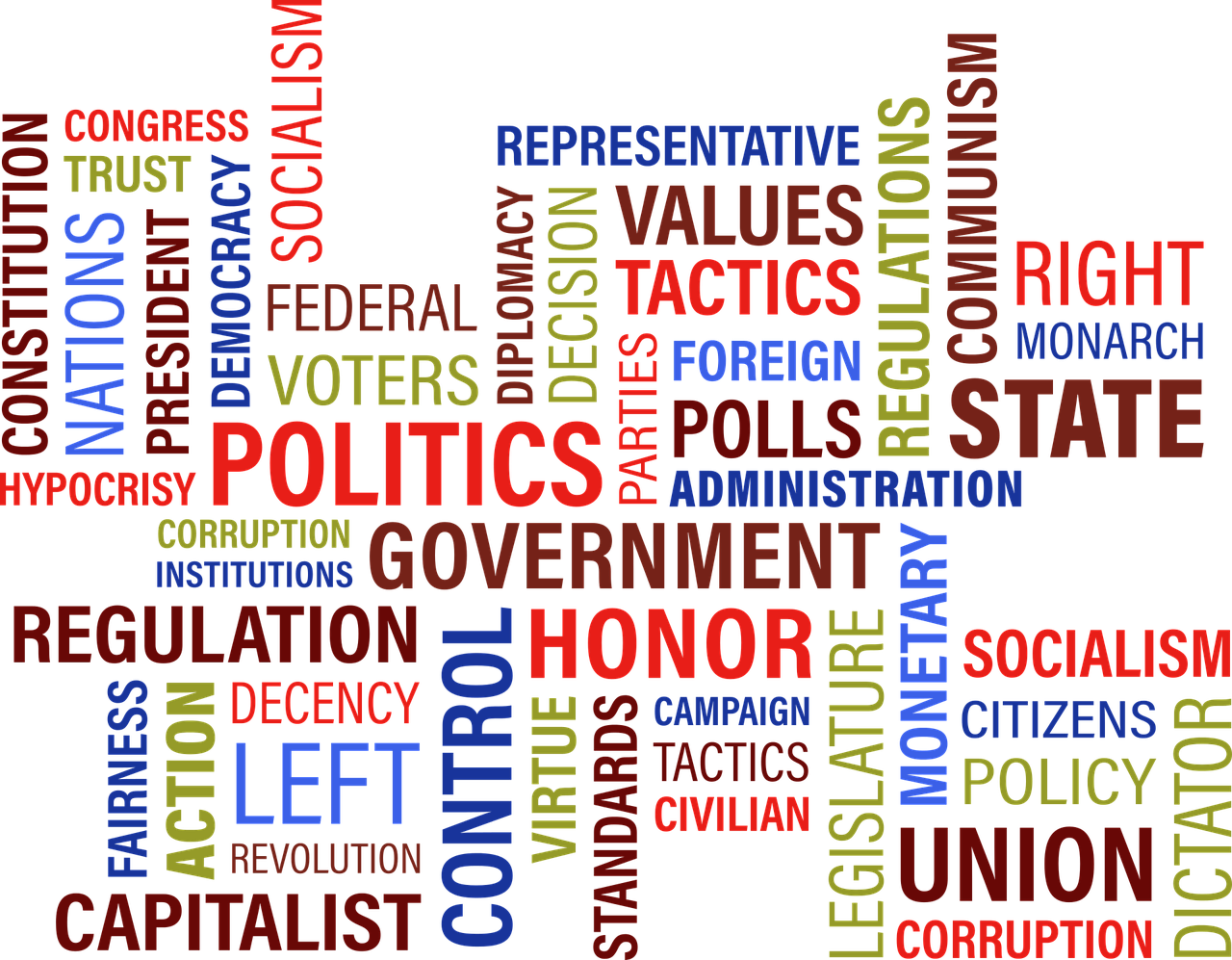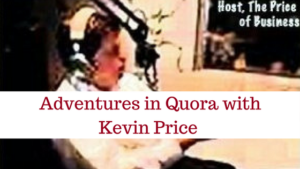Kevin Price, Editor at Large for USA Business Radio and Host of the Price of Business Show, has recently become hooked on Quora. In addition to daily hosting the Price of Business, Kevin has numerous writing obligations on this and other sites for which he serves as an editor and with his syndicated column, so we decided that if he’s going to write at Quora, he is going to share that content on this website. If you are on Quora, make sure to follow Kevin. You can check out his page here: https://www.quora.com/profile/Kevin-Price-67.
Kevin’s hot topics on Quora are history, free market economics, philosophy, and Myers Briggs typology, and many others. The following is one of his recent answers to the question, “What is the Difference Between the INTJ and INTP?” Here’s that answer…
Recently I stumbled on an article that discussed this very subject. The writer wrote “Personality theory in psychology allows us to better categorize individuals in society without resorting to name calling. Myers-Briggs typology in particular offers a better construct (compared to useless terms like conservative and liberal for example) to predict how an individual will act politically and socially. Myers-Briggs research combined with biology and brain scan techniques also offers us hints at understanding the underlining anatomical basis that predisposes a person to be either a disagreeable radical or a gentle follower.”
I think “conservative,” “liberal,” “libertarian,” etc. are useful labels. However, I think the writer is correct in noting that there are many nuances when it comes to understanding Myers-Briggs and political philosophies.
I do believe “type” plays a role in philosophy, but more important than sensor vs. intuitive is feeler vs. judging. But even then, those terms are dependent on the letters around them. I think the more internally focused a person is, the more likely he or she is to be libertarian or extremely pragmatic. Therefore it should be no surprised that INTJs tend to be libertarian more than any other group. I am both a libertarian (small “l,” non-partisan) and an INTJ.
Here’s a quick breakdown of how I see the personality types and ideology. Obviously, these are not hard and fast and there are plenty of liberals, conservatives and others in these groups.
Protectors (SJ) tend to be conservative. They are very interested in keeping things they way they are. They would relate to the words of Lucius Cary, who said “where it is not necessary to change, it is necessary not to change.”
Creatives (SP) tend to be liberal. They have romantic notions about the way things should be and they believe they should be pursued, often without regard to consequences.
Intellectuals (NT) tend to be pragmatic or libertarian. Pragmatists are often conservative though, based on family of origin and other factors. Many of these put a huge amount of weight in being “practical,” which often leads to conservatism as well.
Visionaries (NF) are often liberal. They also can be romantic in their pursuit of philosophy. However, some of these types (particularly the INFJ) can be very conspiratorial, which transcends ideology. On the other hand, most INFJs I know that are political are very libertarian.




